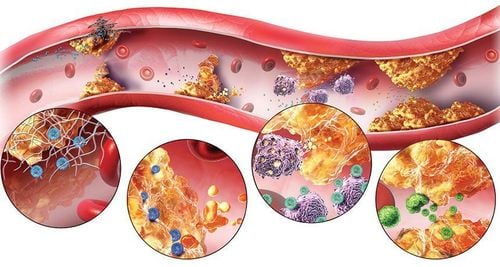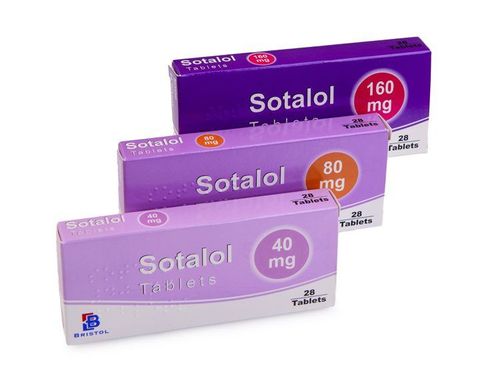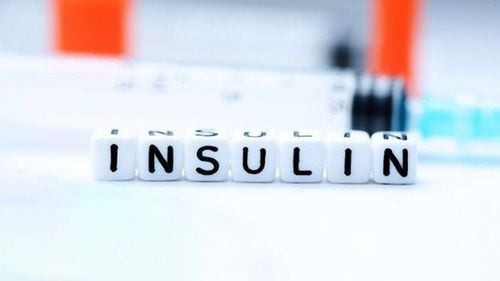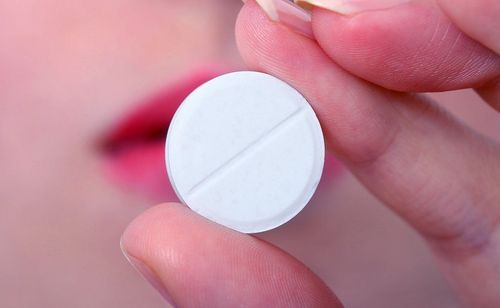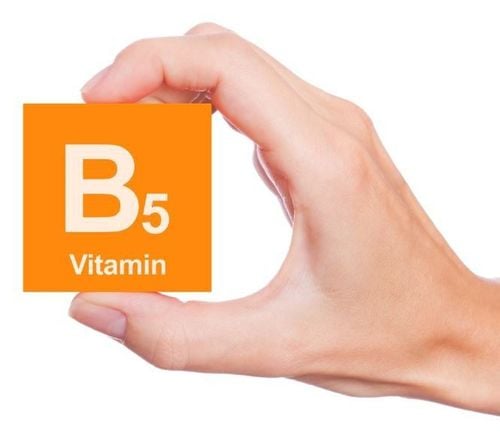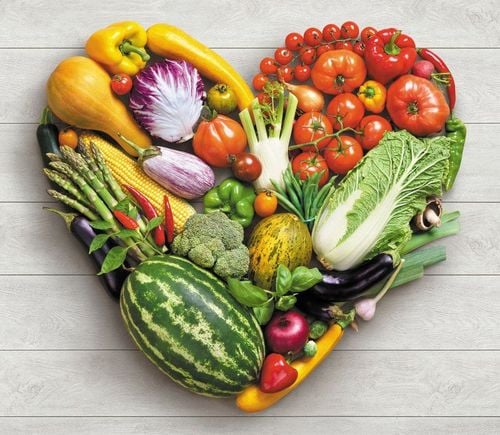This is an automatically translated article.
Maintaining a healthy weight is a goal for everyone, especially for people with diabetes because being overweight can make it more difficult to control their blood sugar and is a risk factor for diabetes. to dangerous complications. Therefore, the diabetes diet will have certain differences that need to be paid attention to.
1. What should diabetics eat?
Nutrition for people with diabetes should focus on proteins from lean meats, foods rich in fiber, fruits and vegetables, low-fat dairy and plant-based fats such as butter, nut oil, olive oil. Protein intake of diabetics should be carefully controlled, preferably under the supervision of a doctor or nutritionist.
Professionals will set specific nutritional goals in the patient's meal. In general, women should consume about 45 g of carbohydrates per day while men are about 60 g. The best food sources to consume are from fruits and vegetables.
The American Diabetes Association has released a list of foods that are good for people with diabetes including:
Protein: beans, avocados, poultry, eggs and fish like salmon, mackerel, fish stop
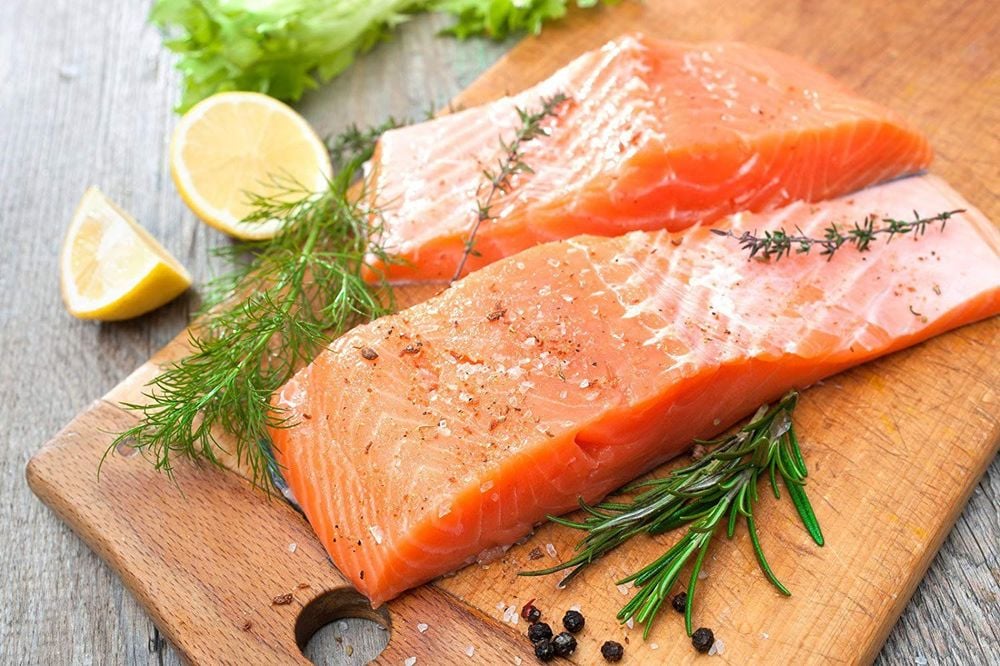
Người bệnh tiểu đường nên sử dụng cá hồi giúp cung cấp Protein tốt cho sức khỏe
Fruits and vegetables: strawberries, sweet potatoes, and non-starchy vegetables like asparagus, broccoli, kale and okra Milk: fat-free or low-fat dairy products, yogurt Nuts: brown rice, whole wheat pasta Drinking water is also very important for the health of diabetics, it is advisable to add non-calorie drinks such as water, tea whenever possible
2. Diabetic foods should be avoided
Besides the prescribed diet, there are also foods that diabetics should limit their intake. These foods can cause blood sugar spikes or contain harmful fats such as:
Processed nuts like white rice or regular pasta Foods derived from sweetened fruit such as apple sauce, jam, canned fruit Full fat dairy Fried foods or high fat foods Flour foods or any foods that raise blood sugar .
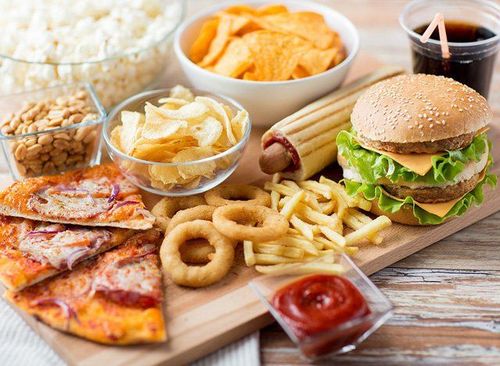
Người tiểu đường nên tránh ăn thực phẩm giàu chất béo
3. Specific indicators of nutrition for people with diabetes
Nutrition for diabetics not only needs to be guaranteed in terms of ingredients but also must be suitable in proportion such as:
Protein: should reach 0.8g/kg/day for adults, if exceeded adverse effects, especially in patients with early renal disease. In formulating a nutritional regimen, the energy component due to protein should account for 15-20% of dietary energy. Fat (Lipid): Patients should eat fat in moderation, and at the same time reduce animal fat because in which there is a lot of saturated fat that easily causes atherosclerosis. However, fat plays an important role in compensating for the energy provided by glucide, so patients should aim to use unsaturated fats found in vegetable oils, soybean oils, and sunflower oils. positive,... This ratio should account for 25% of total dietary energy but not exceed 30%.
Carbohydrates (Glucid): The diet of diabetics should limit glucid, because after eating blood sugar tends to spike but cannot be metabolized to provide energy for the body. Limit as much as possible foods containing simple sugars or containing high sugar content such as confectionery, soft drinks, etc. The percentage of energy provided by glucid should reach 50-60% of total dietary energy.

Người bệnh tiểu đường nên tái khám định kỳ giúp kiểm soát tình trạng bệnh
To register for examination and treatment at Vinmec International General Hospital, you can contact Vinmec Health System nationwide, or register online HERE.




